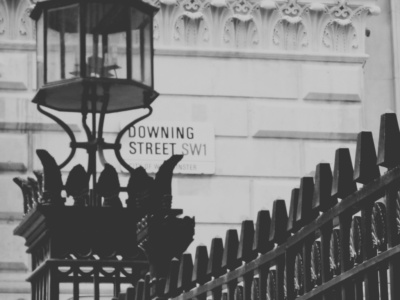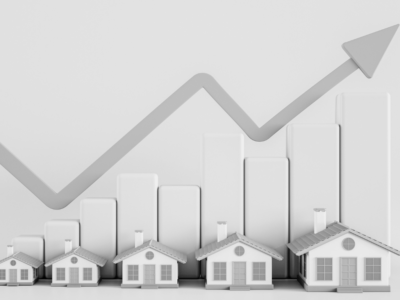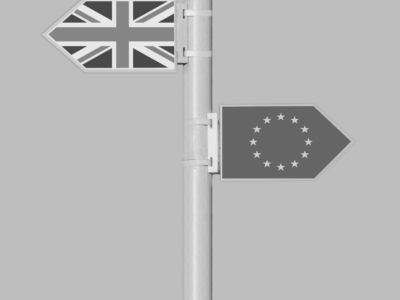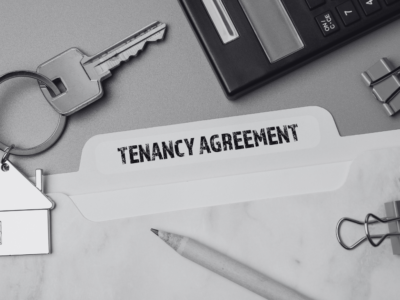The post-general election rebound, otherwise known as the Boris bounce, continued to be felt in March, as average new seller asking prices hit an all-time high of £312,625, according to Rightmove.
Prices hitting record levels resulted from price growth of 3.5 per cent over the last year, with buyer demand and weak supply helping keep valuations high. The number of agreed sales grew 17.8 per cent, the highest level seen in March since 2016.
New seller numbers grew 1.2 per cent, indicative of great disparity between supply and demand.
Speedier selling times
Asking prices weren’t the only metric of a rosy outlook. The time it took to sell a property was six per cent faster in March 2020 than in the same month last year. This means that properties take an average of 67 days to sell, compared to 71.4 days a year ago. London saw sales windows quicken the most, with properties being sold 15 days faster than in March 2019.
Miles Shipside, director of Rightmove, commented: “New supply to the market has failed to keep anything close to demand. Purchasers in a position to buy have been snapping up what’s currently on the market, rather than waiting for the usual post-Easter flurry of fresh supply.”
Rightmove was keen to stress that market fundamentals remained broadly sound in the face of the COVID-19 pandemic. The real estate portal claimed it was difficult to predict how the UK’s post-general election bounce might be affected by the virus.
Mr Shipside added: “The market has been waiting for several years for a window of certainty, and 2020 seemed set to be the year when many would look to make a move and satisfy their pent-up housing needs. However, the current fast pace of the housing market could now be temporarily affected by the spread of the COVID-19 coronavirus.
“We expect that housing market statistics, like other economic indicators, could be prone to volatility over the spring and summer.”
COVID-19 update
At the latest count, there were 1,543 cases of COVID-19 recorded in the UK. The Government intends to address the nation in daily televised broadcasts from this week onward. Last week, the Government’s Budget was dominated by how it would respond to the COVID-19 pandemic, as it revealed its plans to increase public expenditure in order to support the economy.
The United States has extended its European travel ban to include the UK, after initially placing it on Schengen Area countries only. The Federal Reserve opted to slash interest rates unexpectedly over the weekend, leaving its benchmark interest rate in the 0-0.25 per cent range. In addition, the Federal Reserve is purchasing $700 billion of bonds, in a procedure dubbed quantitative easing.
The move by the Federal Reserve to cut rates mirrors that of the Bank of England, which also cut rates to 0.25 per cent last week, in order to support the economy, after the World Health Organisation officially declared COVID-19 a pandemic.






















Comments